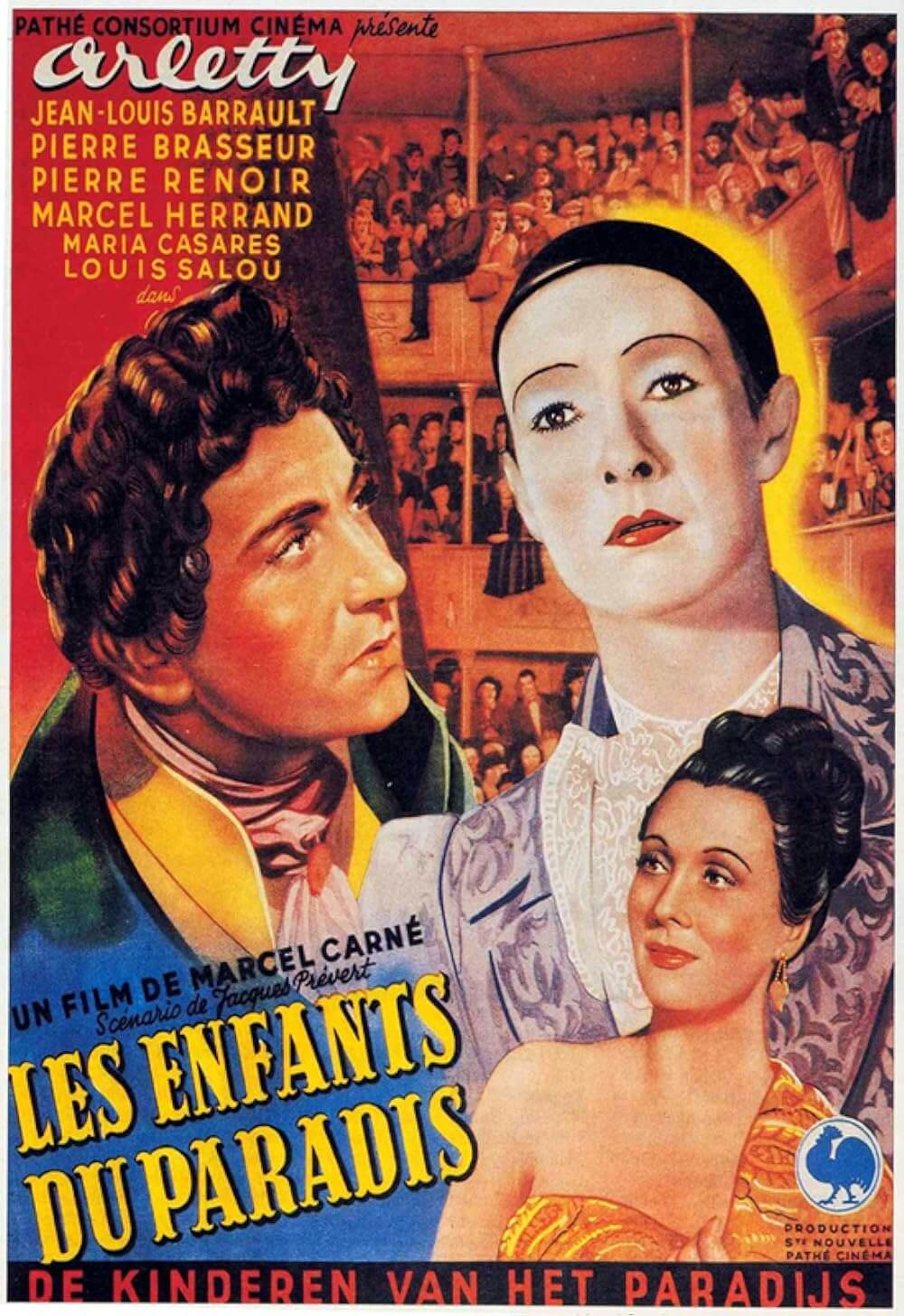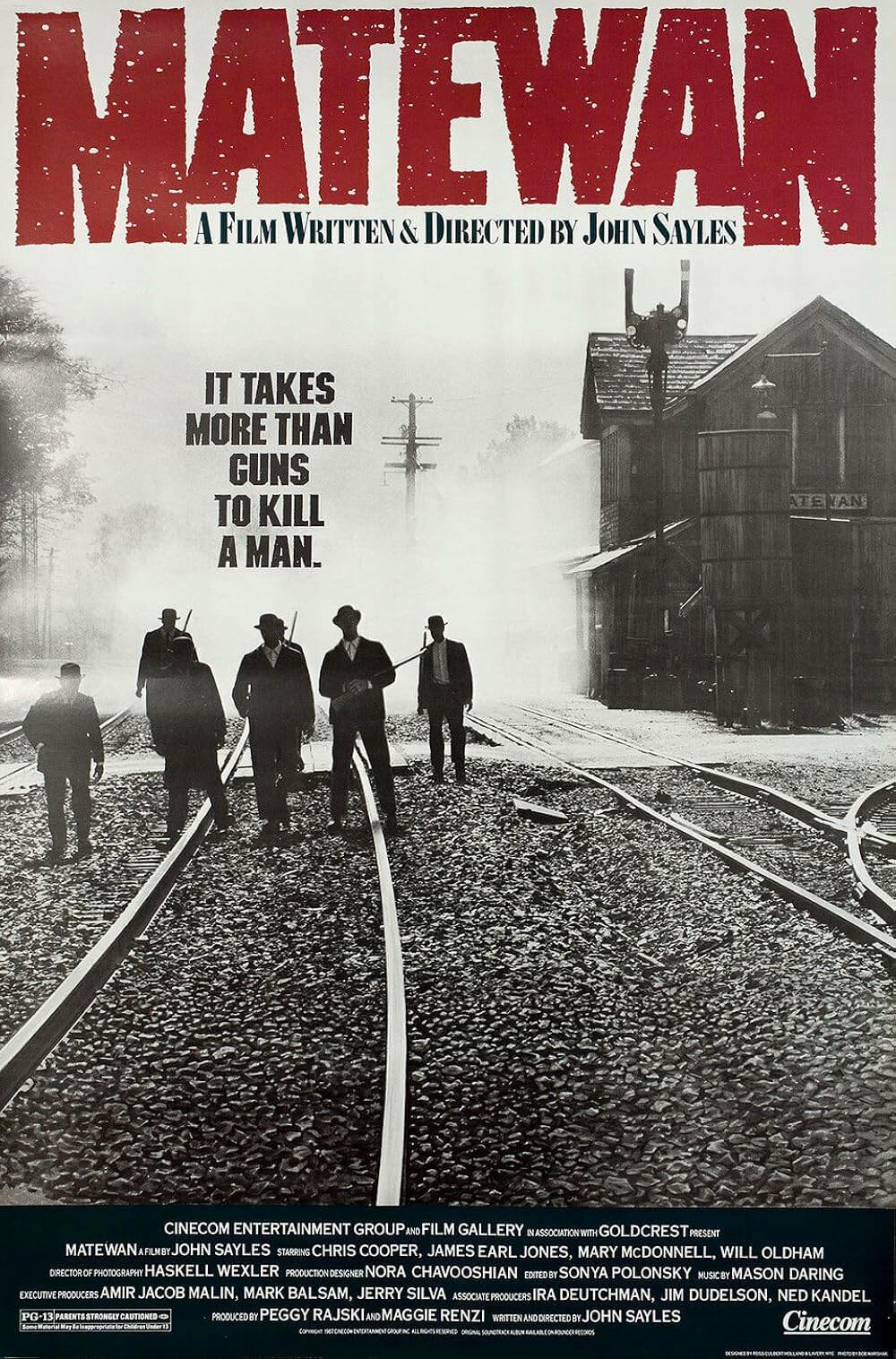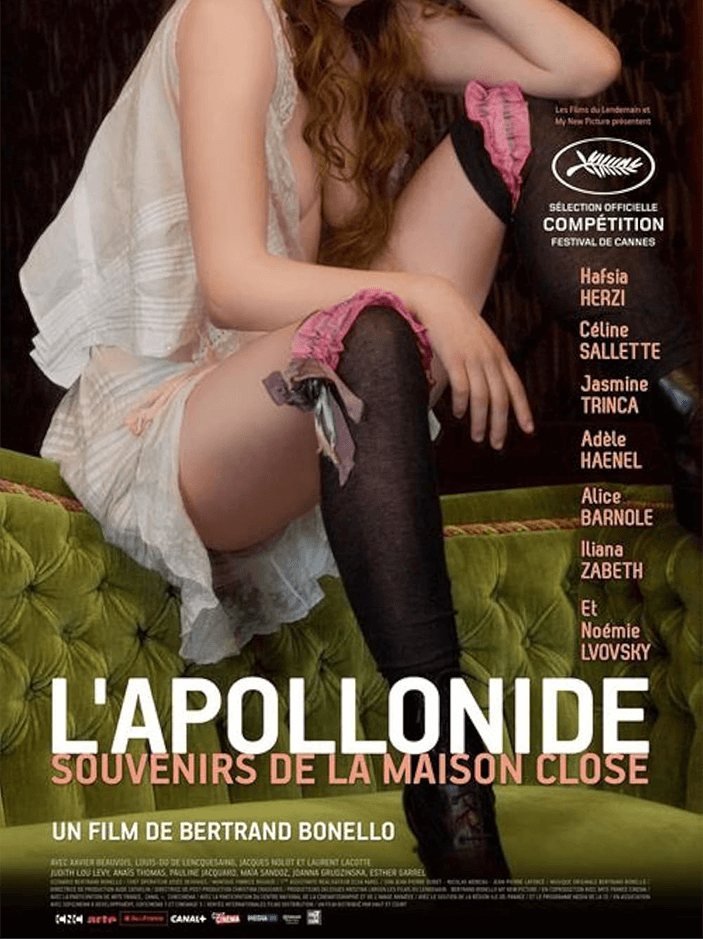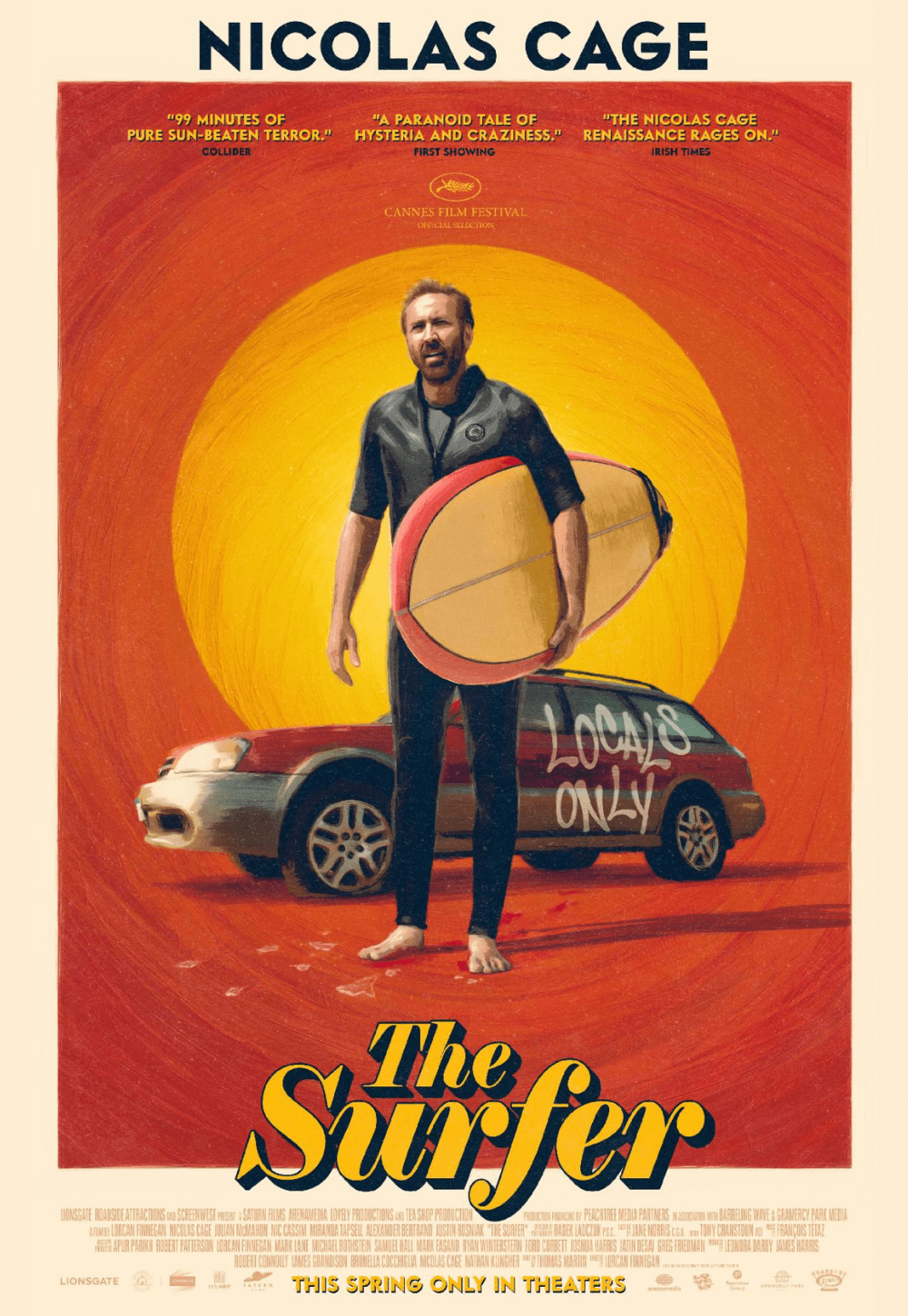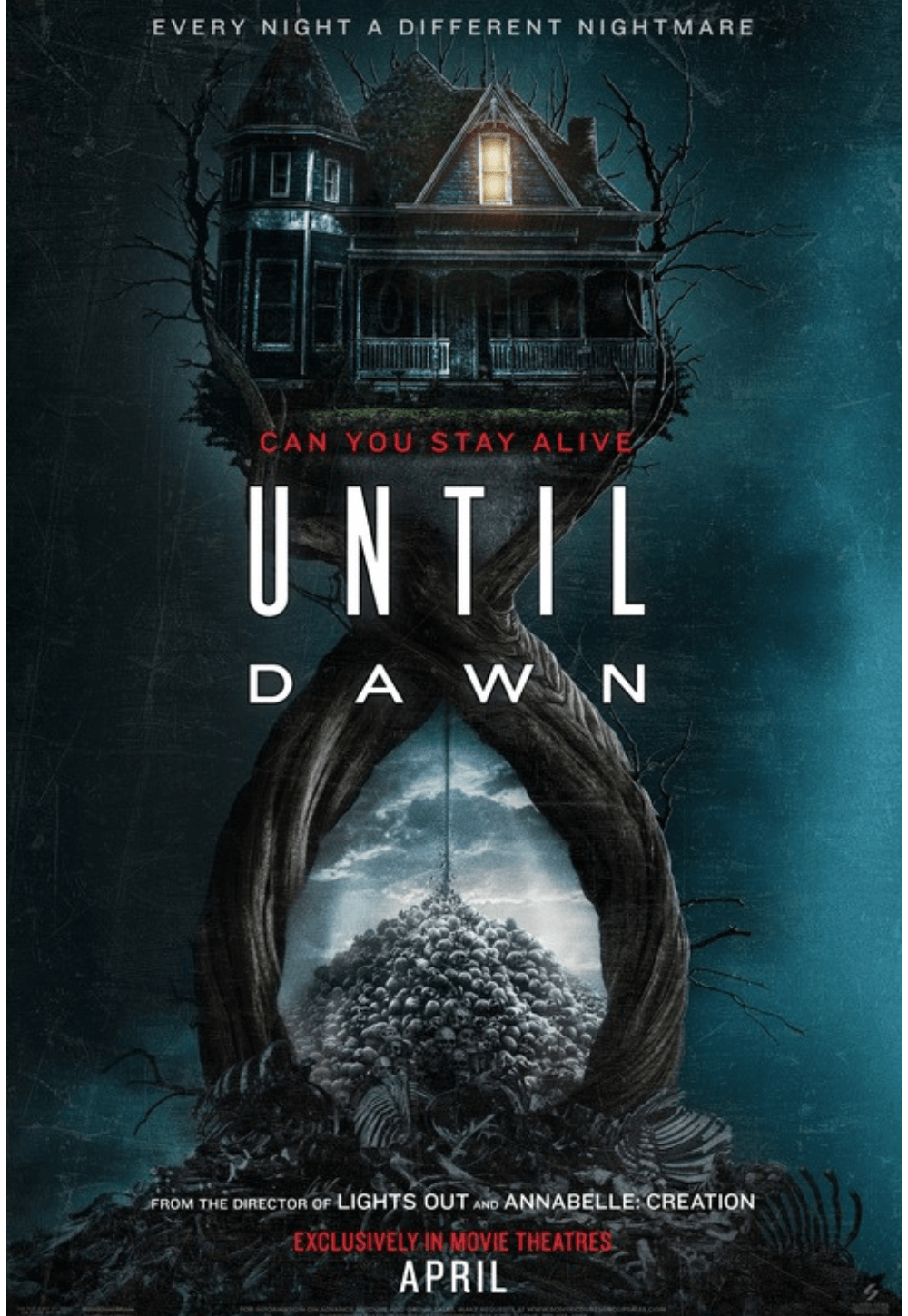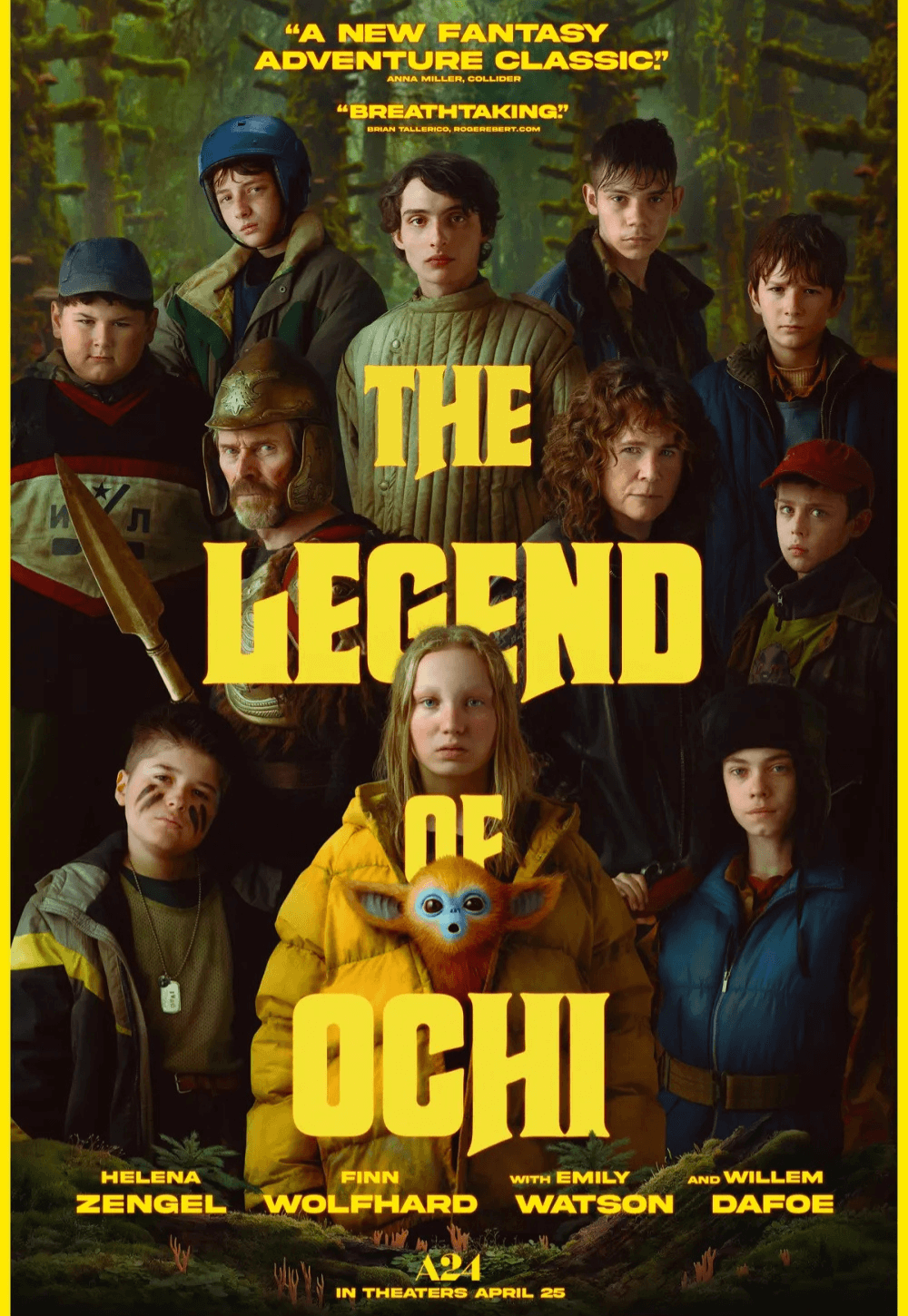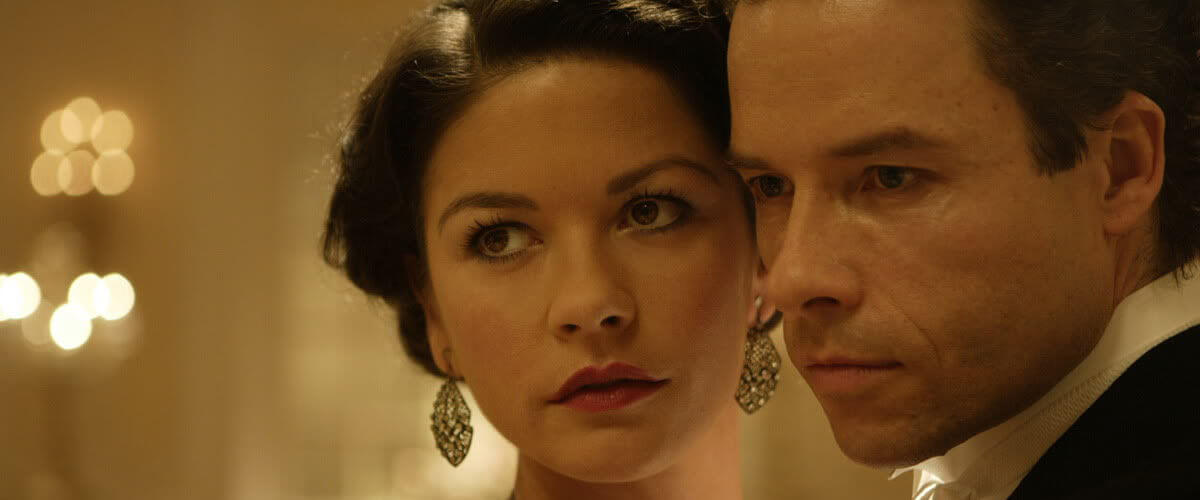
Death Defying Acts
By Brian Eggert |
They say when hunting for a mate, every man instinctively searches to replace his mother. If you believe that, Harry Houdini’s behavior in Death Defying Acts might not seem strange to you. For the rest of us, he’s approaching Norman Bates territory. Played by Guy Pearce, Houdini, the famed showman, announces he’ll give $10,000 to anyone with enough psychic competence to repeat his mother’s dying last words, which were supposedly uttered only to him. The great early twentieth-century “escapologist” is portrayed as a confident performer skeptical of sham artists, being something of a magician himself, but with an obvious weak spot for Dear Departed Mum, therefore hopeful in his doubt.
On the streets of Edinburgh, Scotland, alluring con artist Mary McGarvie (Catherine Zeta-Jones) and her sharp teen daughter Benji (Saoirse Ronan) pickpocket and swindle, not merely for survival, but for the benefit of their psychic stage show. Lifting a gold watch from a gentleman’s pocket, they research the inscription, learn about its owner, and then during their Orientalist performance, return the item to him through an act of sensationalized clairvoyance. And when they hear about Houdini’s challenge, the prize money flashes in their eyes and they begin to case their new mark. Except, neither Mary nor Houdini expects to be swept away by love upon their meeting.
Much of the film is narrated by young Benji, who watches from a distance as her mother and Houdini fall for each other. She spends afternoons with Houdini’s concerned business manager, Sugerman (Timothy Spall), at the zoo, while the adults “talk.” But Benji is a bright girl. She knows what’s going on. “The problem with love,” she says, “is someone always gets left behind.” Meanwhile, Sugerman worries that Houdini is becoming reckless: falling in love, still grieving over his mother, and losing his focus—all factors that might cause him to drown during an underwater escape performance. His concerns are coupled by the odd nature of Houdini’s attraction to Mary, and his quick realization that the mother-daughter duo has an agenda.
Immersed in beautifully atmospheric location photography by cinematographer Haris Zambarloukos (Sleuth and Venus), shooting in and around original Scottish architecture, the film’s presentation is stunning. In other areas, director Gillian Armstrong offers a serviceable picture, by no means comparable in style or content to The Prestige or The Illusionist, obvious comparisons, but charming nonetheless. Forgoing biographical details for a steamy, if offbeat fictional romance, there’s a hint of something cheap in the production—the kind of movie that expects us to read the tagline “Love is Inescapable” without rolling our eyes.
The performances are about fine-tuned accents and wide-eyed gazes. Zeta-Jones makes a capable lead, forcing me to wonder why her onscreen career hasn’t been more prolific. Both she and the amazing young Ronan (from Atonement) command their Scottish tongue without fault. Pearce, with his lean build and pronounced cheekbones, embodies the idea of Houdini’s physical state; we believe Pearce could contort himself to escape a straight jacket or hold his breath for six minutes or more. Beyond his physical appropriateness for the role, he’s also a striking lead, another performer Hollywood hasn’t explored enough. Take Memento and L.A. Confidential as prime examples of his acting chops.
Armstrong’s independent British production was shelved and forgotten by American distributors, save for a very, very minor theatrical distribution. The dreaded Weinstein Company released the picture on DVD, where inevitably, it will be overlooked and forgotten. This is unfortunate, not because Death Defying Acts is a profound cinematic experience, but because it’s quite good and deserved a chance but didn’t get one. Historians might balk at the incorrectness of certain details involving Houdini’s life and death. Indeed, I have a personal fascination with Houdini, specifically the psychology of someone obsessed with escaping, and so the inaccuracies were distracting. But no matter. Emotions: they’re the substance of a film like this. The average viewer will be involved in the romance and potential intrigue, and all the period attire, architecture, and gorgeous Scotland vistas arranged to support it.

Consider Supporting Deep Focus Review
If you enjoyed this piece, I hope you’ll consider supporting the site through Patreon or a one-time donation. Deep Focus Review is an independent source for movie reviews and in-depth critical analysis. Contributing Patrons receive early access to new reviews and essays, along with a closer connection to a community of fellow film enthusiasts. Your support directly helps cover site maintenance, research materials, and the time needed to produce quality writing. If you enjoy my work, please join me on Patreon or show your support in other ways.
Thank you for your readership!
Brian Eggert | Critic, Founder
Deep Focus Review


